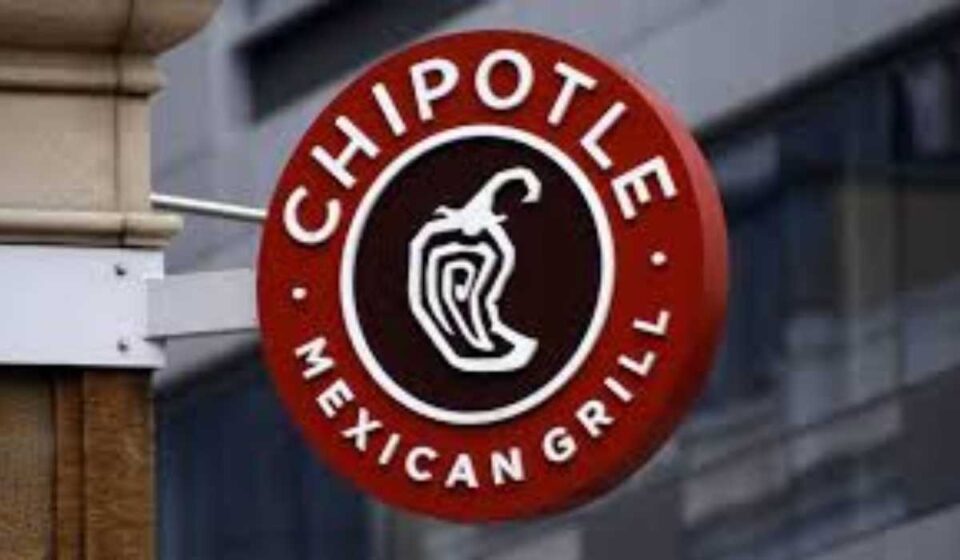In 2015, Chipotle Mexican Grill faced one of the most challenging periods in its history. A series of foodborne illness outbreaks—including E. coli, Salmonella, and norovirus—shook public confidence in the brand. Hundreds of customers across multiple states fell ill, and the media scrutiny was relentless. Once celebrated for its commitment to fresh, high-quality ingredients, Chipotle’s image was tarnished almost overnight. Sales plummeted, its stock price tanked, and the company faced lawsuits and federal investigations. For many, it seemed unlikely that the fast-casual chain could recover.
The road to recovery began with an acknowledgment of responsibility and a commitment to change. Chipotle launched an aggressive campaign to rebuild trust, starting with enhanced food safety protocols. The company implemented rigorous supply chain standards, introduced employee training programs, and adopted technology to track ingredients from farm to restaurant. Additionally, they temporarily closed all locations for a nationwide food safety meeting, signaling their seriousness about addressing the crisis. These efforts aimed to reassure customers that Chipotle was prioritizing their health and safety above all else.
To reconnect with its core audience, Chipotle leaned heavily on transparent communication. The company used social media, email marketing, and advertisements to explain the changes it was making and to invite customers back. Chipotle also offered discounts and free meals as incentives to win back patrons who had turned away. While these strategies helped ease immediate concerns, the company knew it needed to do more than just fix its food safety issues; it needed to redefine its brand.
Under new leadership in 2018, Chipotle shifted its focus toward innovation and digital transformation. The introduction of new menu items, like queso blanco and cauliflower rice, helped attract health-conscious customers. Meanwhile, Chipotle invested in mobile ordering, delivery partnerships, and a loyalty rewards program, capitalizing on the growing demand for convenience. By aligning itself with customer preferences and emphasizing its commitment to sustainability and food integrity, Chipotle was able to regain market share and attract a new generation of diners.
Today, Chipotle’s recovery is often cited as a case study in crisis management and brand rebuilding. While the food safety scandals of 2015 will always be a part of its history, the company’s response demonstrates the power of accountability, transparency, and innovation. Chipotle’s ability to turn public backlash into an opportunity for growth proves that even the most severe reputational damage can be overcome with the right strategies and a commitment to long-term change.


